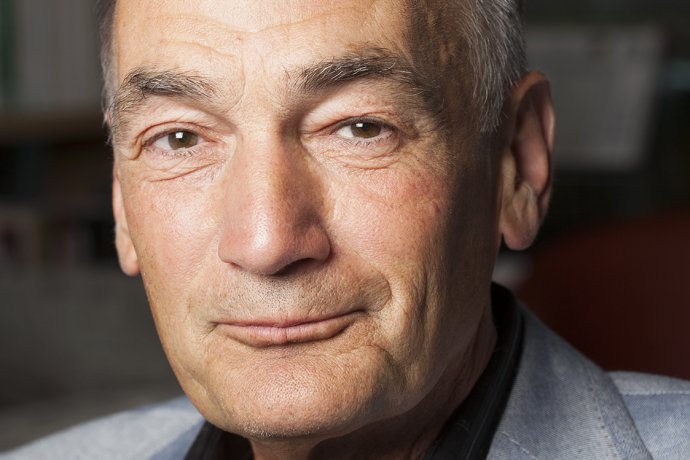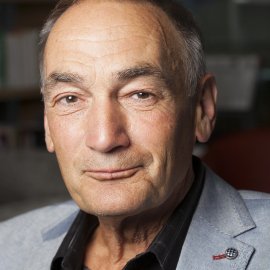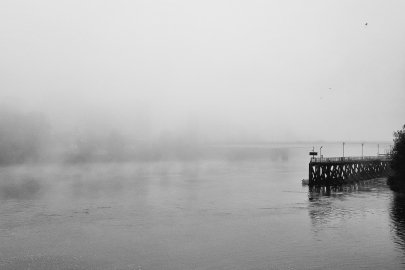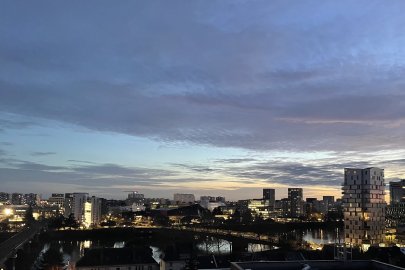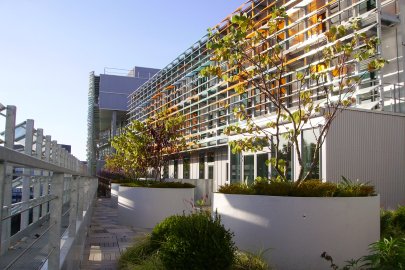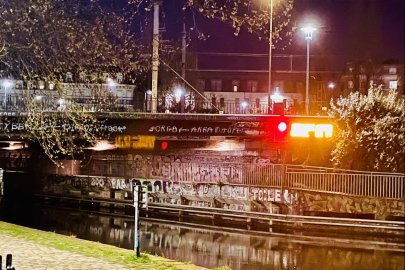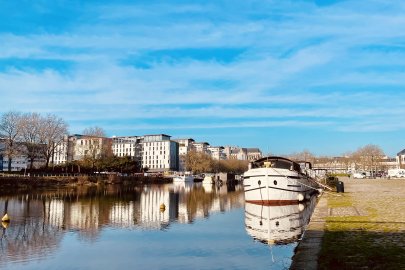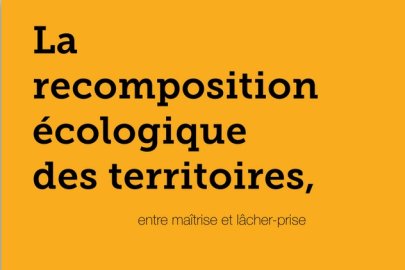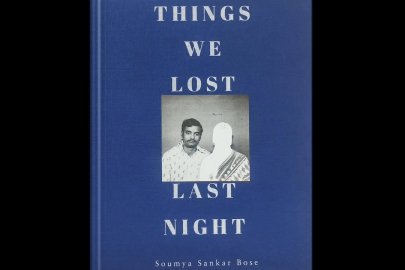The Institute at fifteen years: from ‘penser le monde autrement’ to ‘habiter le monde autrement’
Adrian Macey
January 2019 was an exciting time to join the Institute as a fellow, and it was an immense privilege for me, coming from a career in diplomacy, to enjoy a year during which, unencumbered by official responsibilities I could develop my thinking around a topic I had wanted to pursue but never had the time.
By 2019 the vision of the founding director Alain Supiot had been realised, with the Institute already having established a strong reputation both in France and abroad, able to attract leading world scholars and artists. As a place of study and reflection, it was ideal. The very broad and diverse academic, geographic and cultural background of the fellows created a stimulating environment for pursuing personal projects for three, six or nine months, while benefiting from the collegiality and cross-fertilisation that took place. Working and living conditions at the Institute’s premises on the banks of the Loire were comfortable, the best I have experienced in my career. There was just the right mix of individual study time, collective discussion and reflection, and activities to bring us together.
Nantes, a city culturally and economically open to the world, was an appropriate host for an institute with the vocation to welcome scholars from all continents. The ability to attract so many scholars of high calibre from around the world thus rested on the city as well as on the academic quality of the Institute. Many current and former fellows returned to the institute from time to time and were able to present their work and exchange with the local community.
The ten year anniversary brought together residents from those first years in a series of events – where the leitmotif of penser le monde autrement’ well-reflected.
But 2019 was also the year of the gilets jaunes in Nantes – weekly demonstrations which usually ended with tear gas and smashed facades of businesses deemed to be most symbolic of capitalist excesses. This social phenomenon – unrest and discontent – could not have been a greater contrast with the atmosphere at the Institute, and the comfort of our life and work there. It made one realise that the fellows were insulated from the harsh realities affecting part of French society. Living, for some of the gilets jaunes was precarious; they faced a cost of living crisis, had trouble finding decent work, and expressed deep disaffection for the governing elites. This phenomenon was of course not restricted to France, and coincided with the rise of populisms.
When asked to provide some comment for the Institute social media channels, it was this contrast of two worlds that I chose to highlight. I felt that it was worth reflecting upon, and wondered how we as the IEA community could bridge the gap between the realm of advanced study and research and social problems that appeared intractable.
Fortunately, the Institute is not an organisation given to formulating utopias . One of the most rewarding features of that period was the reaching out to broader society that took place, often in quite practical ways. Fellows from the IEA were involved in many activities that served to make the Institute better- known and relevant beyond the world of academia. Especially stimulating were joint activities involving the business sector. It was pleasing that the private sector felt that we did have something to contribute - especially in thinking about some of the societal challenges that they were facing. The diverse cultural background of the fellows was put to good use here, one example being in giving advice to a major local manufacturing business on how best to integrate foreigners unfamiliar with French society into the workforce. There was also much interaction with local non-governmental organisations, and with municipal and regional government. These groups welcomed the opportunities for dialogue with the fellows, to our mutual benefit.
Recognition of this rayonnement is shown by the additional and broader sponsorship the Institute has attracted in recent years. .
During the celebrations of the first ten years, no-one could have foreseen that less than year later, covid would strike. And here was a phenomenon that shattered the tranquillity of the Institute, creating huge inconvenience for fellows and staff alike, with severe restrictions on the collegiality that was such an integral part of the life and work of the fellows. Suddenly the fellows were no longer insulated and distinct from the concerns of broader society – they were sharing them.
We are still living with the economic and social consequences of covid. Under the dual pressures of economic hardship and continued public disaffection with elites, many governments are pulling back from their commitments on global problems such as climate change, the clean energy transition and biodiversity on which the welfare of future generations depends. Geopolitical tensions and armed conflicts, are on the rise, making further demands on leaders and on already weakened economies.
This is the world we look like being in for a decade. But the last thing we should do is to accept the situation through fatalism. We are mistreating our planet and those that inhabit it. What could be more relevant than harnessing the strengths of the Institute towards living better in this world?
Let’s remind ourselves that the Institute is not solely an institute on the banks of the Loire. It is a global, multi-disciplinary community, growing all the time. It is increasingly anchored in society. Its networks are expanding. There are Institute fellows in some of the most prestigious institutions around the world. One wish for the future is that we should seek new ways in which to harness all this talent and collegiality. If we so, the journey that the Institute will undertake over the next fifteen years may indeed contribute to habiter le monde autrement.
